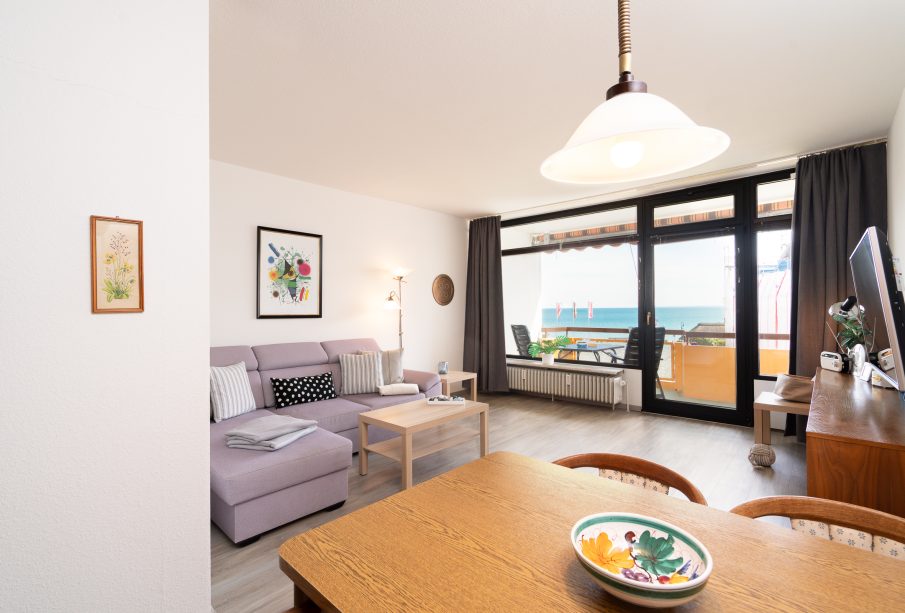The Impact of Airbnb on Travel and Hospitality

Introduction
Since its inception in 2008, Airbnb has revolutionised the travel industry by allowing homeowners to rent out their properties to travellers. This unique platform not only offers a distinct alternative to traditional hotels but also enables individuals to monetise their spaces. With the resurgence of travel post-pandemic, understanding Airbnb’s role in shaping the future of hospitality has never been more crucial.
Airbnb’s Growth and Popularity
As of 2023, Airbnb boasts over 6 million listings across more than 220 countries and regions, illustrating its expansive growth. The COVID-19 pandemic initially led to a slump in travel; however, as restrictions eased, the demand for short-term rentals surged. According to a report by Airbnb, 2023 has seen a remarkable recovery, with 2022 levels of bookings exceeded by the summer, highlighting an increasing preference for home-like accommodations over traditional hotels.
Impact on Local Communities and Economies
Airbnb has significantly impacted local economies by providing supplementary income for hosts. A recent survey indicated that 60% of hosts use the income to cover their mortgages or other essential expenses. Furthermore, Airbnb guests tend to spend more money in local communities, benefiting local businesses such as restaurants, shops, and attractions. However, the platform is not without controversy, as critics argue that it can contribute to housing shortages and rising rents in densely populated cities.
Challenges and Regulations
As Airbnb continues to grow, it faces various regulatory challenges. Many cities have implemented strict regulations regarding short-term rentals to address concerns about housing affordability and the impact of transient populations on local communities. Cities like New York and San Francisco have enacted laws requiring hosts to register and limit the number of rental days per year. These changes aim to strike a balance between the flexibility that Airbnb offers and the potential negative consequences on housing markets.
Conclusion
Airbnb’s influence on the travel and hospitality industries is undeniable. It offers unique accommodations that cater to various budgets and preferences while providing economic benefits to local communities. However, as cities grapple with the implications of short-term rentals, the future of Airbnb will likely depend on how well they can work with regulators to create fair and sustainable policies. Looking ahead, as travel continues to evolve, Airbnb will need to adapt to the changing landscape and address the concerns of both hosts and communities to remain a preferred choice for millions of travellers worldwide.









